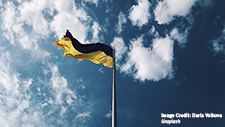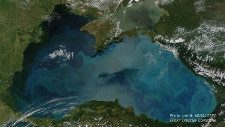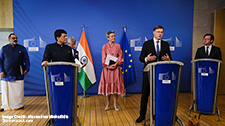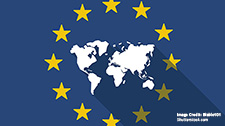How the Nordic-Baltic states are leading the way on European security
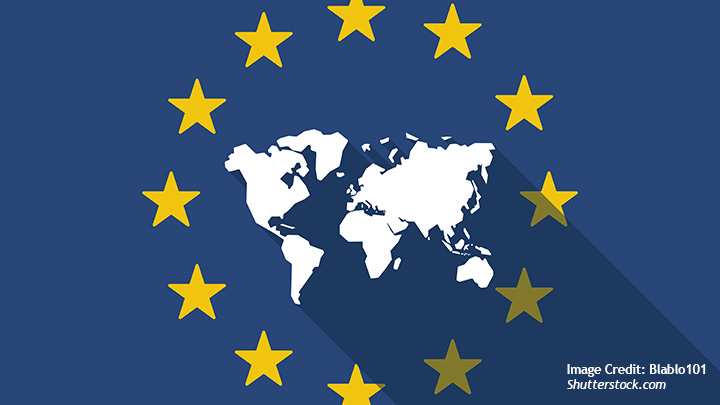
Anna Wieslander
If you want to know what’s next for security in Europe, then watch the Nordic-Baltic nations. They may not have a reputation as the heaviest hitters in the transatlantic alliance, but the eight countries—Denmark, Estonia, Finland, Iceland, Latvia, Lithuania, Norway, and Sweden—are becoming increasingly significant players in European security. On November 28, Swedish Prime Minister Ulf Kristersson hosted his Nordic-Baltic colleagues together with Polish Prime Minister Donald Tusk at Harpsund, Sweden, where they pledged to step up military support to Ukraine and continue to invest in their own deterrence and resilience. Underscoring the increasing importance of the Nordic-Baltic states in European security, French President Emmanuel Macron even called in and joined the conversation.
For a region heavily affected by Russia’s full-scale invasion of Ukraine and dependent on the transatlantic alliance for its security, developments in the past month have been worrisome for the Nordic-Baltic states. Russia has been making territorial advances in Ukraine, stepping up hybrid warfare toward the West, and deepening its alliance with North Korea. Meanwhile, in the United States, an unpredictable President-elect Donald Trump will take office in January.
Read the full article published at The Atlantic Council‘s website on December 4, 2024.
Related Publications
-
Ukraine: The Inflection Point in the China-Russia Axis
The ongoing conflict in Ukraine has catalyzed a profound shift in global power dynamics: the deepening of the partnership between China and Russia. This relationship, while rooted in history, represents […]
-
The US and EU, and the Emerging Supply Chain Network: Politics, Prospects, and Allies
The Global Supply Chains have evolved from simply logistical achievements to being the bedrock of the global economy. Driven by technological advances and geopolitical shifts, this transformation underscores the critical […]
-
China as a Black Sea Actor: An Alternate Route
China’s international role has expanded rapidly in the last decades, and the Greater Central Asian region, Europe, and the Middle East, to which the Black Sea region (BSR) connects, are […]
-
Trade, Connectivity and Supply Chains in EU-India Relations
In the decade and a half since 2007 when the EU and India first started their FTA negotiations, the world economic order has undergone a sea change. During that period, […]
-
What I heard in Munich: Europe gets a brutal awakening- Anna Wieslander
The recipe of the day at the Munich Security Conference (MSC) was to strengthen “the European pillar” in NATO, a concept that has been floated for many years but with […]
